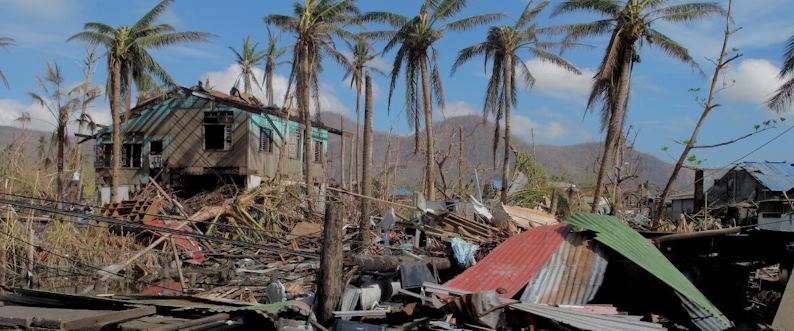As nations strive for economic development, they must contend with many challenges and pitfalls that can impede progress and hinder the realization of growth and prosperity. These obstacles, often stemming from a complex interplay of internal and external factors, demand careful consideration and strategic planning. Understanding these common challenges and their potential impacts is paramount in formulating effective strategies for sustainable development.
Corruption: Erosion of Trust
Impact: Corruption, often involving the misuse of public funds or influence for personal gain, diverts resources away from vital projects and services. It compromises the efficient allocation of resources, erodes public trust in governmental institutions, and undermines the overall governance structure.
Implications: Misallocating resources due to corruption can hinder essential services like healthcare, education, and infrastructure development. Moreover, the erosion of public trust in institutions can weaken social fabric, hampering cooperation and hindering progress.

Political Instability: Disrupted Plans
Impact: Political instability, characterized by frequent changes in leadership, policy shifts, and uncertainty, creates an environment where investors hesitate to commit resources due to unpredictable governance. This instability can disrupt the implementation of long-term economic plans and deter foreign direct investment.
Implications: Investors’ hesitancy can reduce capital inflow, limiting economic growth opportunities. The uncertainty surrounding policies can also hinder the execution of critical development projects, contributing to a lack of continuity in economic initiatives.
Lack of Access to Resources: Stifled Growth
Impact: A lack of access to essential resources such as quality education, healthcare, and reliable infrastructure stifles human capital development and limits economic growth potential. Inadequate infrastructure can hinder productivity and innovation, limiting economic diversification and growth.
Implications: Inadequate investment in human capital development leads to a deficiency in skilled workers and a reduced capacity for innovation, essential for sustained economic progress. Limited access to education and healthcare can perpetuate cycles of poverty and inequality.

Environmental Challenges: Balancing Act
Impact: Environmental challenges such as resource depletion and environmental degradation compromise the long-term sustainability of economic development. Over-exploitation of resources without proper management can lead to their depletion, jeopardizing the potential for future growth.
Implications: Resource depletion and environmental degradation can result in health issues due to pollution, increased healthcare costs, and compromised natural ecosystems. In the long run, these challenges can hinder economic growth and threaten the quality of life for citizens.
Social Inequalities: Fragmented Progress
Impact: Social inequalities, often manifested as income disparities and limited social mobility, reduce the purchasing power of a significant portion of the population. It, in turn, can lead to reduced domestic demand and potentially result in social unrest.
Implications: Widening income disparities and limited social mobility can create societal tensions, leading to social unrest that disrupts economic activities and deters local and foreign investments.
In response to these challenges, nations must adopt a holistic approach that involves transparent governance mechanisms to combat corruption, strategies to foster political stability, investments in infrastructure and education to enhance resource access, sustainable environmental practices, and implementing inclusive policies to address social inequalities. By effectively navigating these pitfalls, countries can pave the way for inclusive and sustainable economic development, ensuring that growth benefits all members of society and leads to a more prosperous future.









